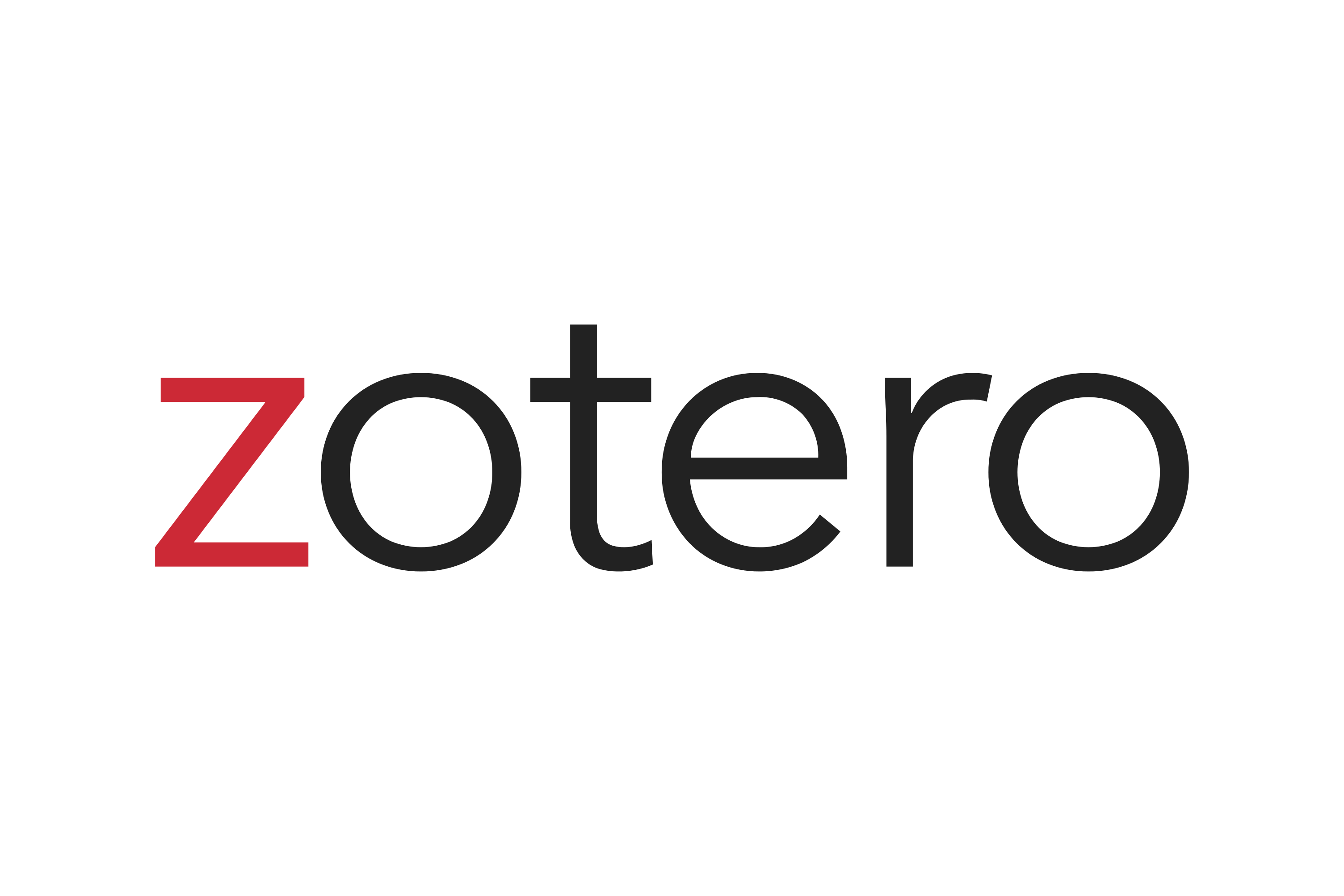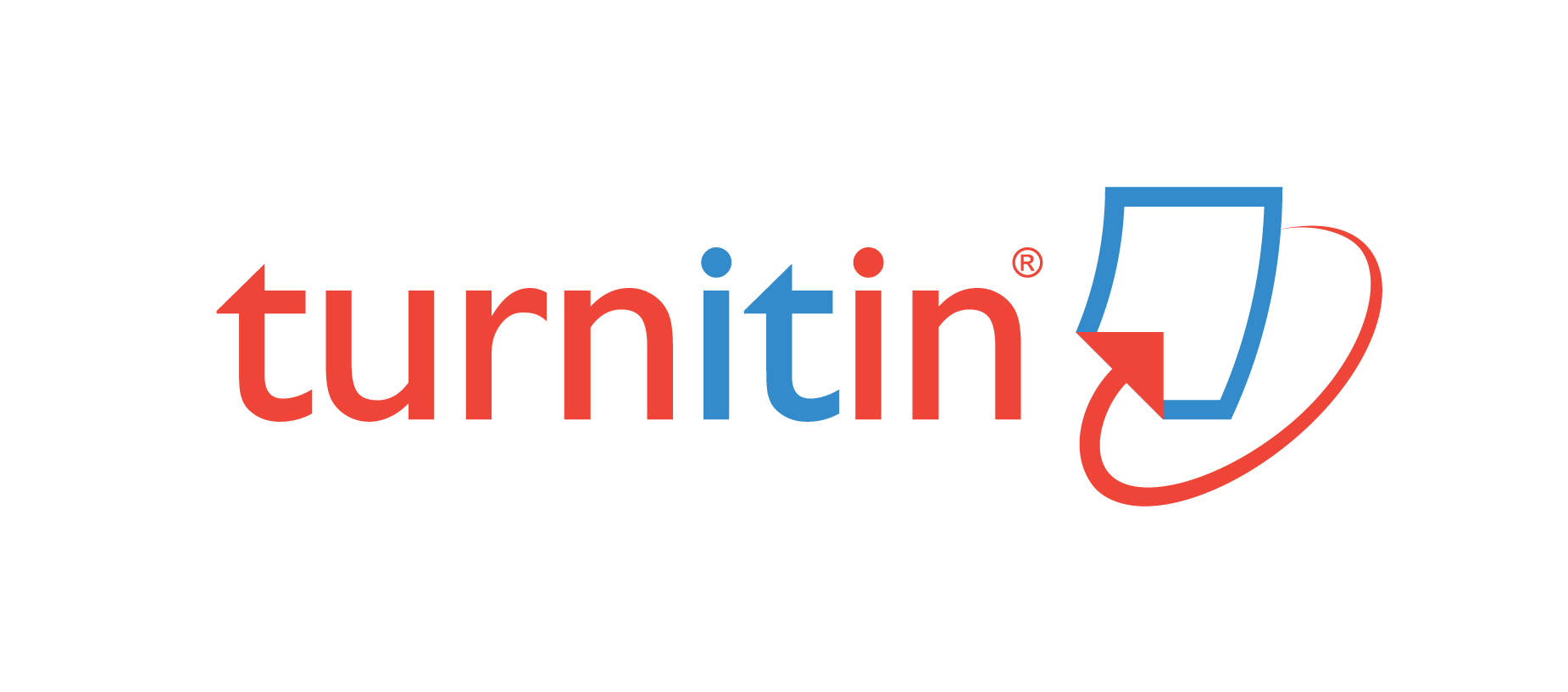Bentuk Penyampain Pesan Dakwah dalam Media Massa di Banten
DOI:
https://doi.org/10.32678/alfath.v2i1.3264Keywords:
Kajian IslamAbstract
Perkembangan media massa pada orde baru, kebebasan pers dikekang oleh pemerintahan Soeharto, media pers pada zaman ini merupakan ancaman keberlangsungan pemerintahnnya. baru pada zamanreformasi kebebasan pers mendapat peluang yang besar, kebebasan persbagaikan pilar keempat dalam demokratisasi masyarakat Indonesia.Untuk itu perkembangan media massa di Banten cukup signifikansetelah lengsernya Soeharto, apalagi dihilangkannya SIUPP bagi mediapers merupakan angin segar, bagi siapa saja dapat mengelola media massa.Media massa di Banten pada kurun waktu 2000-2007, terdapat 31 mediacetak, baik berformat surat kabar, tabloid, dan majalah. Namun ragammedia ini bersifat umum, artinya info-info apa saja dapat diinformasikankepada khalayak, baik dari ekonomi, sosial, budaya, politik, agama, danaktivitas dakwah.Dalam tulsian ini, akan membahas bagaimana media massa (cetak)di Banten dalam rangka menyebarkan dakwah Islam, hal ini media cetak diBanten memiliki rubrik tersendiri dan beragam materi yang disajikan.
Downloads
Downloads
Published
How to Cite
Issue
Section
License
Copyright Notice

Al-Fath: http://jurnal.uinbanten.ac.id/ is licensed under a Creative Commons Attribution-ShareAlike 4.0 International License
An author who publishes in Al-Fath agrees to the following terms:
- Author retains the copyright and grants the journal the right of first publication of the work simultaneously licensed under the Creative Commons Attribution-ShareAlike 4.0 License that allows others to share the work with an acknowledgment of the work's authorship and initial publication in this journal
- Author is able to enter into separate, additional contractual arrangements for the non-exclusive distribution of the journal's published version of the work (e.g., post it to an institutional repository or publish it in a book) with the acknowledgment of its initial publication in this journal.
- Author is permitted and encouraged to post his/her work online (e.g., in institutional repositories or on their website) prior to and during the submission process, as it can lead to productive exchanges, as well as earlier and greater citation of the published work (See The Effect of Open Access).
Privacy Statement
The names and email addresses entered in this journal site will be used exclusively for the stated purposes of this journal and will not be made available for any other purpose or to any other party.










